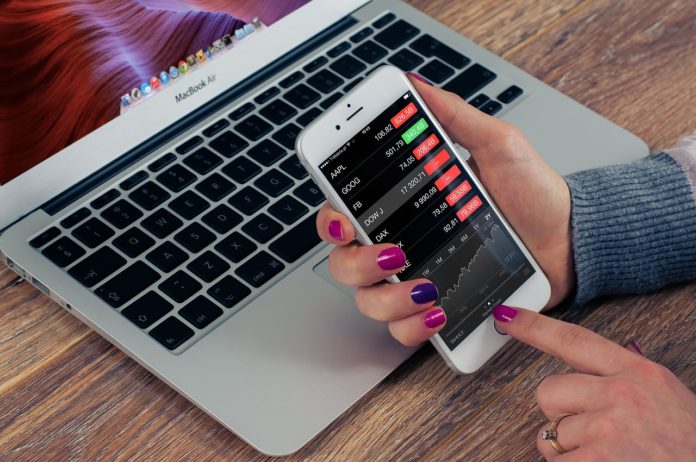
A stockholder who receives a stock dividend would, in essence, be receiving the same amount of shares as before but with a higher price per share. For example, if you had 100 shares priced at $10 and received an additional 10 shares priced at $20 for free, your total number of shares would stay the same (100) but you would have more expensive shares (a higher average price). As such, if you decide to sell your shares after receiving a stock dividend then the proceeds would be higher. This post has gone over some of the important concepts related to dividends and how they affect shareholders. Understanding these concepts can help you make more informed decisions about different stocks that may interest you or have been recommended for purchase by a broker. There are many other factors involved in understanding what is happening with various financial instruments but this article should provide an introduction on one aspect of investing that plays an important role in banking, finance, and economics as well.” SUMMARY: Dividends play an important role in investment strategy as they typically signal performance and profitability for companies offering them. In addition, dividends offer investors two opportunities: first








